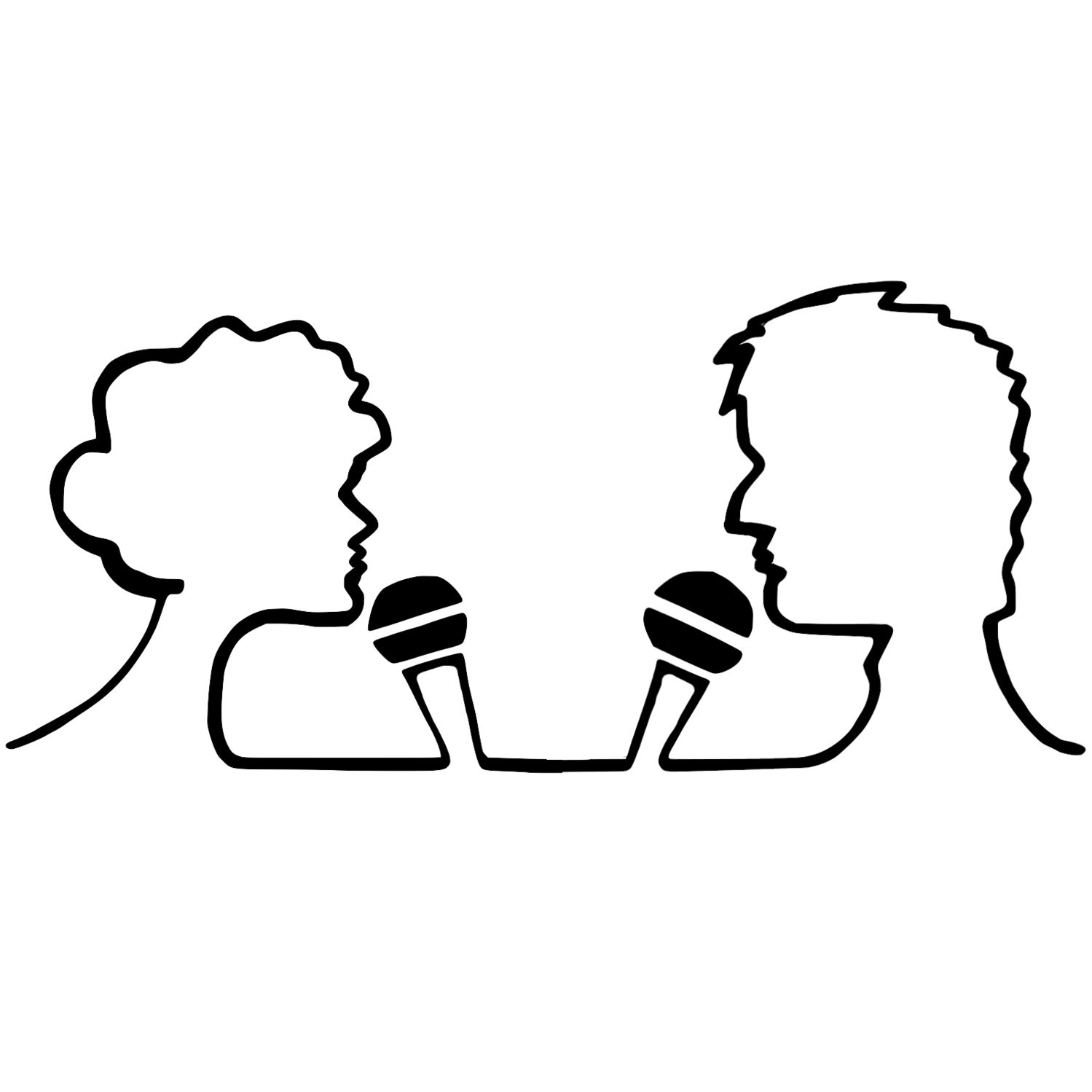Breaking the habit
Bad habits, compulsive thoughts, irrational decisions — we're all plagued by them to varying degrees. But where do they come from? And what can we do to break the habit? Or, can people with issues like obsessive-compulsive disorder find successful treatment?
In this episode, we'll answer all of those questions and more with Dr Claire Gillan, who works in the field of cognitive and behavioral neuroscience. Claire applies behavioral sciences, psychophysiology, and neuro-imaging techniques to unravel the complicated web of learning, habit formation, and human behavior — with a focus on obsessive-compulsive disorder.
Read More
Master of materials
Mark Miodownik loves stuff. As a materials scientist and engineer, he gets a kick out of answering questions like what your skin might have in common with ceramics, or metal for that matter? And, why do materials behave the way they do or feel different to the touch?
Read More
The cunning linguist
Ever wonder why you hate your own voice? If your dog is really talking to you? How beatboxers make those crazy sounds? Stefan Frisch knows. He's a professor at the University of South Florida in the field of linguistics and phonetics.
Read More
The secret life of bacteria
The amazing secret story of bacteria will astound you. From deep sea clams and worms who thrive on a symbiotic relationship to the potential to battle climate change with these microrganisms. Listen as Dr KT Scott explains the Martha Stewart microbiology of the ever underestimated, sometimes unfairly criminalized, incredibly resourceful bacteria.
Read More
An astrophysicist walks into a bar...
Astrophysicist Doug Gobeille, an old friend of ours, joins us over drinks to talk super massive black holes, Neil Degrasse Tyson, and dumpster-diving for science. If you like the sound of that and have been wondering what the heck string theory's all about – this is the episode for you!
As always, many thanks to all of the support we receive from local musicians, pubs and eateries. This episode was recorded at The Bricks and features local artist Cole Mathews.
Read More
Making sense of cell signals
Listen in as Professor Philip Maini sits with the 2Scientists crew to enjoy home-made food, too much wine, and to tell us how cell signals may just hold the secret to revealing a lot about how and why our cells behave the way they do.
Read More
Cancer by numbers
Learn about how nematodes attacking potatoes led Dr Alexander Anderson to apply math to cancer research. Sandy is the chair of the Integrated Mathematical Oncology department at Moffitt Cancer Research Center, and he brings biologists, clinicians, experimentalists and mathematicians together in the fight against cancer.
Read More
They're swarming!
Learn about Swarm Intelligence from Simon Garnier, a scientist studying the behavior of insects in colonies. These amazing creatures organize and coordinate among thousands of members seemingly without effort. By studying the organizational patterns of these swarms, we can learn how to better organize things in the human realm.
Read More
The swashbuckling biologist
Shipwreck explorer, deep sea enthusiast, conservationist... Marine Biologist Michael Barnette is the adventuring scientist we all dreamed of growing up to be. He even has his own Wikipedia page! Listen in as he tells us about the mysteries he's uncovered at sea.
Read More
The volcano seismologist
Mel Rodgers is a volcanologist who studies the earthquakes generated by volcanoes, in order to better predict potential eruptions. Mel's work requires her to spend a lot of time in close proximity to volatile, active volcanoes - even sacrificing her favorite sweater to collect a sample of rock from a lava flow. Can't handle the heat? Get out of the volcano... and listen to Mel's story in this podcast.
Read More
The coughing neuroscientist
Neuroscientist Thomas Taylor-Clark is unravelling the mystery behind your lingering cough. Why does your asthma persist when our treatments are so effective and targeted? And why do you continue to cough after your cold is gone? Listen in and learn why neuroscientists are so interested in your lungs.
Read More
Connecting the dots for a cure
Scientist Jacob Scott began as a physicist, then chose to become a radiation oncologist, and later a mathematician researching cancer. How does all that make sense? Listen as he explains what it's like to be the Cancer Connector, helping different disciplines work together in new ways to research a cure for cancer.
Read More












